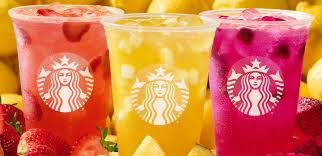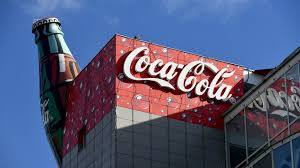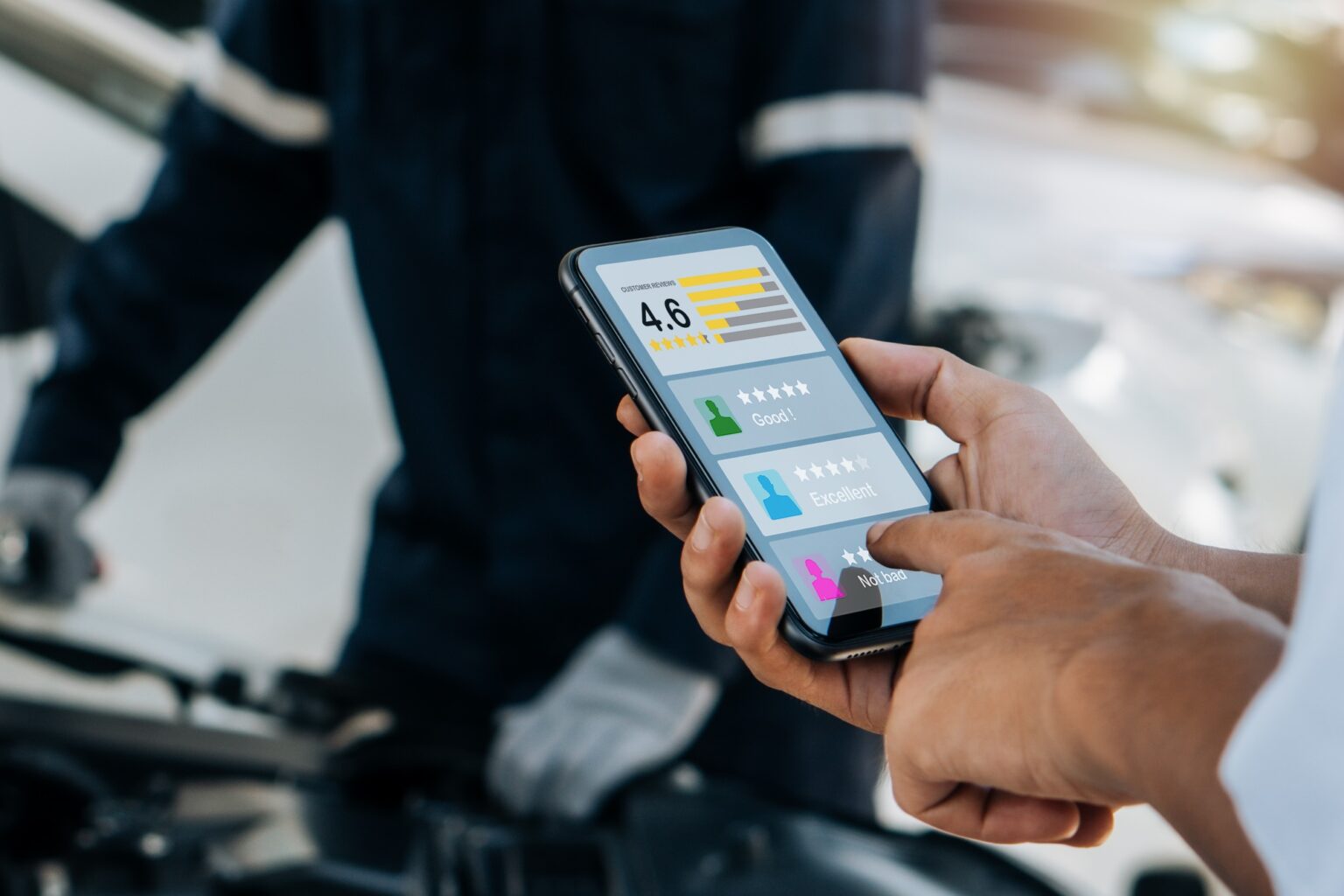
AI-Driven Marketing Strategies is the Wave of the Future
Unleashing the Power of AI-Driven Marketing Strategies: Predicting Trends and Maximizing ROI
The Role of AI in Marketing
AI isn’t just a tool for automation, it’s a transformative force that’s reshaping how businesses approach marketing. By analyzing vast amounts of data, AI can provide real-time insights that are more accurate and timely than traditional methods. Here’s how AI-driven marketing strategies can be a game-changer for your business:
1. Predictive Analytics: Forecasting Customer Behavior
AI-powered predictive analytics uses machine learning algorithms to analyze historical data and predict future outcomes. Whether it’s forecasting customer purchases, anticipating market shifts, or identifying emerging trends, AI’s ability to predict what will happen next can help marketers optimize their strategies for maximum effectiveness.
📊 Stat to Know:
- 72% of marketing leaders say predictive analytics significantly improves their ability to drive customer engagement and ROI. (Source: Salesforce)
💡 Actionable Tip: Start using AI tools to analyze your existing customer data. This will help you identify patterns and predict future behaviors, allowing you to tailor your marketing efforts to meet evolving customer needs.
2. Personalization at Scale
One of the key advantages of AI in marketing is its ability to create personalized customer experiences at scale. By segmenting audiences and analyzing individual preferences, AI can deliver highly targeted content, offers, and advertisements to the right customer at the right time.
🔍 AI can sift through vast datasets to identify patterns and preferences, ensuring every marketing campaign is as personalized as possible.
📊 Stat to Know:
- 80% of customers are more likely to purchase from a brand that offers personalized experiences. (Source: Epsilon)
💡 Actionable Tip: Implement AI-driven personalization tools to create customized content and offers. Tailoring your marketing messages will increase customer satisfaction and engagement.
3. Maximizing ROI through AI Optimization
AI can analyze the performance of marketing campaigns in real-time, adjusting strategies to maximize ROI. With AI tools, you can assess which channels, messages, and tactics are performing best and make data-backed decisions to reallocate resources effectively.
🧠 AI not only helps you optimize ad spending but also ensures your marketing budget is being used in the most effective way possible.
📊 Stat to Know:
- 66% of marketers use AI to optimize their marketing efforts and improve ROI. (Source: MarketingProfs)
💡 Actionable Tip: Use AI-driven tools to monitor your campaigns in real-time and automatically adjust spending based on performance. This will help you get the most out of your marketing budget.
Real-World Examples of AI in Marketing
Case Study 1: Netflix
Netflix uses AI-powered recommendation engines to personalize its content offerings. By analyzing viewer behavior and preferences, the platform can provide tailored recommendations, leading to increased user engagement. This personalized experience has contributed to Netflix’s growth, with the company attributing 75% of its user engagement to its recommendation system.
Case Study 2: Amazon

Amazon utilizes AI to personalize shopping experiences, recommend products, and forecast demand. Through predictive analytics, Amazon anticipates what customers may purchase based on past behaviors, leading to a 29% increase in overall sales. Additionally, its AI-driven pricing strategy helps optimize the competitive price for each product.
Case Study 3: Spotify
Spotify uses AI to personalize the music experience for users, offering tailored playlists and recommendations based on listening habits. Their recommendation engine, powered by machine learning algorithms, analyzes user behavior, including listening patterns and interaction with the platform, to provide customized content for each individual. This has helped Spotify significantly grow its user base and engagement.
📊 Stat to Know:
- 87% of Spotify users listen to music via playlists curated by the algorithm. (Source: Spotify)
Case Study 4: Starbucks
Starbucks utilizes AI to enhance customer engagement through its “Deep Brew” AI program, which powers personalized recommendations via its mobile app. The AI analyzes purchase histories, preferences, and locations to offer tailored deals and products. It also uses predictive analytics to forecast demand and optimize inventory management, resulting in better customer experiences and operational efficiency.
📊 Stat to Know:
- 40% of Starbucks’ U.S. sales are generated through its mobile app, which is enhanced by AI-driven personalization. (Source: Starbucks)
Case Study 5: Coca-Cola
Coca-Cola uses AI to create personalized marketing campaigns and predict customer behavior. The company utilizes AI-powered chatbots, content creation tools, and predictive analytics to optimize ad spend and enhance customer engagement. This approach allows Coca-Cola to create tailored campaigns that resonate with different customer segments.
📊 Stat to Know:
- Coca-Cola’s AI-driven campaigns resulted in a 30% increase in engagement rates.
Case Study 6: H&M
H&M leverages AI to predict demand and optimize its inventory management system. The company also uses machine learning algorithms to provide personalized recommendations to customers, improving the overall shopping experience. This AI strategy allows H&M to enhance product availability and create a more customized shopping experience both online and in-store.
📊 Stat to Know:
- H&M’s AI systems have reduced excess inventory by 15%, leading to increased sales and reduced waste.
Overcoming Challenges in AI-Driven Marketing
While AI offers immense benefits, there are challenges to consider:
- Data Quality: AI’s effectiveness depends on the quality of data. Ensuring your data is clean, relevant, and accurate is essential for getting actionable insights.
- Integration: Integrating AI tools with existing marketing platforms can be complex. It’s important to have a clear strategy in place for seamless integration.
- Privacy Concerns: With AI processing large volumes of customer data, businesses must prioritize data security and compliance with privacy regulations like GDPR.
📊 Stat to Know:
- 50% of companies cite data quality as the biggest barrier to AI implementation. (Source: Deloitte)
Takeaway
AI-driven marketing strategies are revolutionizing the way businesses engage with customers and measure success. By leveraging AI-powered predictive analytics, personalization, and ROI optimization, companies can drive more targeted, efficient, and profitable marketing campaigns. Ready to take your marketing strategy to the next level? Start integrating AI tools today to unlock the full potential of your marketing efforts.
📚 Want to learn more? Contact us today for expert insights on integrating AI into your marketing strategy.
🌍Explore more AI-driven marketing solutions. Visit our services to see how we can help you optimize your marketing efforts with AI.
🔔Subscribe: Stay updated with the latest AI trends—subscribe to our newsletter for more insights.








